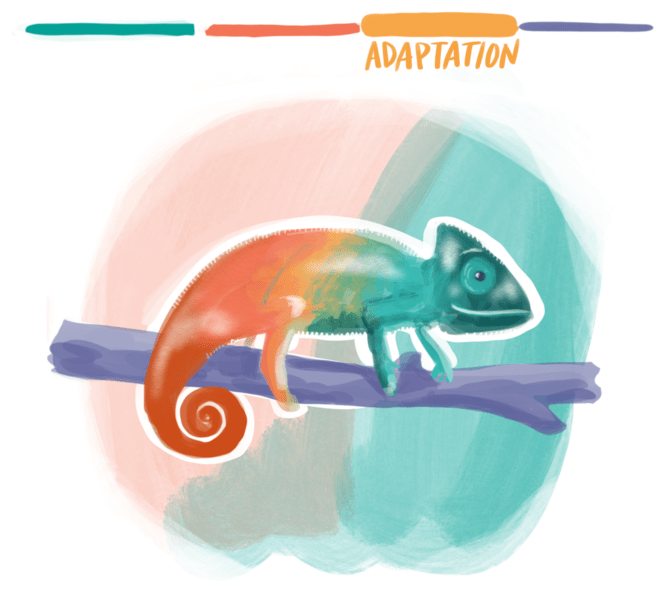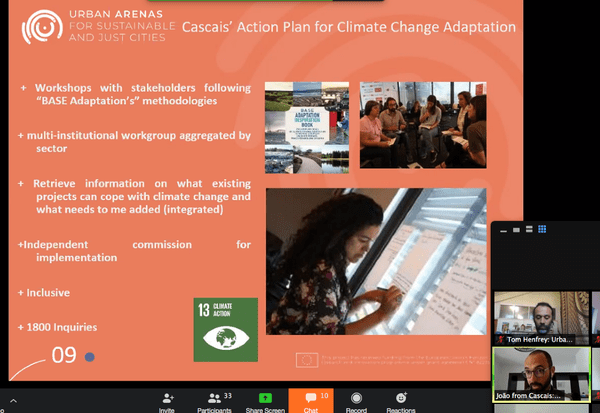
Change is inevitable, and adaptation essential
#Adaptation
Sustainable and just cities go beyond being open to change, they have a spirit of continuous adaptation. Disruptive changes, such as climate change and global pandemics, aggravate systemic inequalities. City-makers stay alert to these, as well as unintended consequences from their actions and are prepared to learn from potential failures. They embrace just transformation through a flexible and reflexive approach. They adapt along the way, based on emerging opportunities, needs and ongoing experience.
Inspirational example
Adaptive affordable housing initiative, Brussels
To address a housing affordability crisis in Brussels, Belgium, an innovative initiative called Community Land Trust Brussels has taken on the role of social real estate developer.
While they work to develop standardised procedures for their housing developments and lead participatory engagement when possible, the Land Trust team claims that it is essential to reflect upon and adapt to internal learning and external change: “We are constantly reflecting on things... For every part of the operation we regularly rethink how to do it. This happens at the level of the team, and also on the level of our working groups, partner associations, experts and other stakeholders, and the level of our board" (Interview with DePauw, 01.21). Importantly, from the beginning, the Brussels Capital Region, a major financial supporter of the Land Trust, has been responsive to the initiative’s interests, allowing it space to develop its innovative ideas.

Avenues for action
You might be wondering, what everyday actions can I take to put all this theory into practice? Take a look at the avenues for action, below, for some practical guidance.



